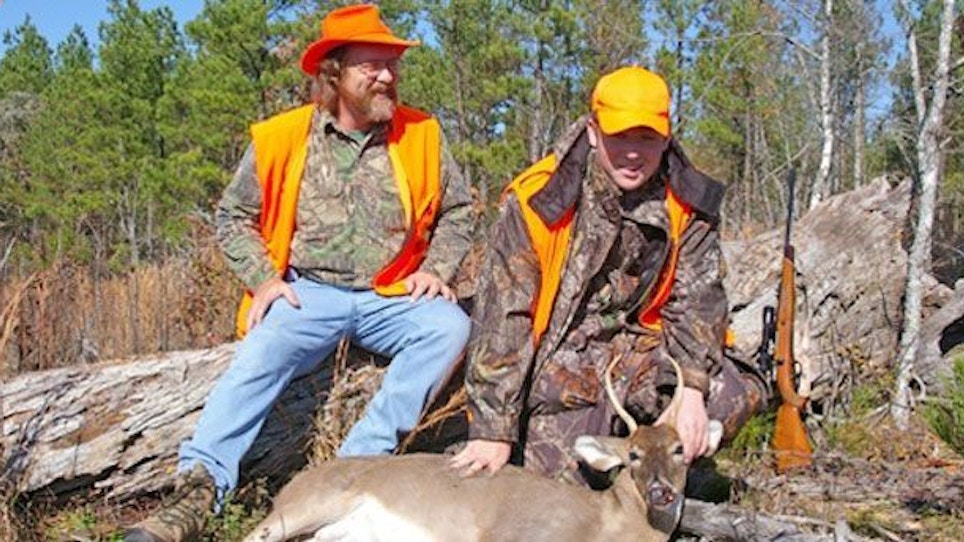
There is no need to scout extensively to find deer either. As club members hunting a lease, they know before getting to camp where deer will feed, the trails they’ll use, their bedding areas, etc. They have the upper hand from the start.
Finding first-rate hunting land available for lease requires effort. Step one is deciding how far from home you’re willing to travel and the type of deer hunting you seek. If you want trophy-deer hunting opportunities, look for land where herd characteristics are favorable for producing older, big-antlered bucks. If putting meat in the freezer takes precedence, consider an area where harvest statistics show a high deer kill. State wildlife agencies can provide helpful harvest information.
Next, you must find property owners willing to lease. A good place to start is with the local game warden or wildlife biologist. These people often know landowners complaining about crop damage from deer. A phone call or visit might produce good leads.
County agricultural extension agents are also good information sources. They are in constant contact with farmers and often know landowners willing to lease hunting rights on their property.
Many timber companies also lease parcels of land for hunting, and contacting them is one of the best avenues for locating leasable hunting lands in prime deer territory.
Banks and mortgage companies also should be consulted. In recent years, foreclosures have brought more land under these institutions’ control, and at times, they lease hunting rights for added income.
Although usually more expensive, dealing with a real-estate company may provide leads when nothing else works. These businesses get a cut of the lease payment, so most will go the extra mile to help you find hunting land.
Also watch for published advertisements describing leasing opportunities. Classified ads in newspapers often list hunting lands available for lease, and outdoor tabloids and magazines sometimes carry such listings as well. It might be a good investment to run your own advertisement, noting your desire to lease deer-hunting land along with a phone number where you can be contacted.

When you’ve found land to lease, walk it out thoroughly and discuss your needs with the landowner. Get satisfactory answers to important questions like “Are there conflicting land uses anticipated for the tract?” It’s hard to hunt deer when a huge clearcut or strip mine suddenly appears. Will the landowner permit your group to carry out recommended game-management practices like prescribed burning, planting food plots and so forth? Are you being granted total hunting rights? Who will be responsible for maintenance of roads and gates? Will the landowner allow as many hunters as you wish? Are the boundaries of the land well marked? If not, who will mark them? What will be the cost and length of the lease?
When you reach a full agreement, get details of the lease in writing. Make your lease a legal document, consulting an attorney if necessary. This will solve many potential problems before they become real problems.
With large tracts of public land available, deer-hunting leases aren’t a necessity to today’s hunters. But as hunting pressure continues growing on public areas, more and more sportsmen are looking toward leasing as the most economical means of cornering their own private slice of hunting territory. It takes a lot of legwork to locate prime deer-hunting areas available for lease, but if you’re willing to make the extra effort, and if you can convince the landowner you’ll treat him and his property with the highest respect, then your search should be successful. Done correctly, leasing land for deer hunting can assure you of a quality hunting experience away from the crowds.






